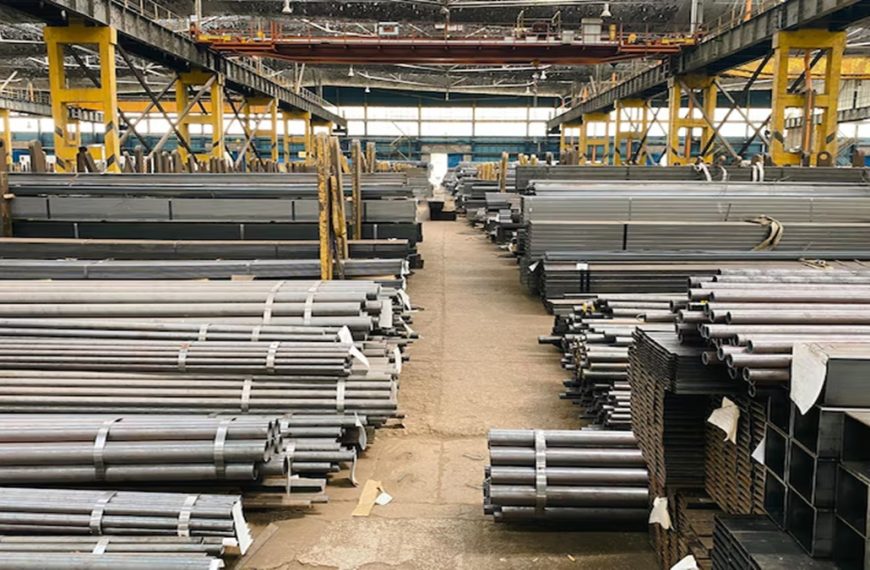In a recent development, the Securities and Exchange Board of India (SEBI) has mandated a forensic audit of Gensol Engineering amid allegations of fund misappropriation by its promoters. This situation has sparked a debate among leading auditors about whether this incident reflects a significant failure in auditing standards.
Controversy Surrounds Gensol’s Financial Oversight
Following SEBI’s interim report, both the internal audit committee of Gensol and its statutory auditors faced scrutiny. Many investors expressed concerns that these entities failed to identify potential discrepancies in the company’s financial records, particularly those related to fund diversions and the misuse of loans.
- Key Responsibilities: The audit committee holds the crucial role of ensuring that raised funds are utilized appropriately. Auditors are similarly tasked with verifying and reporting on the actual use of funds, as stipulated in the Companies (Auditor’s Report) Order.
Insights from Industry Experts
Ashok Haldia, a former secretary of the Institute of Chartered Accountants of India (ICAI), emphasized the need for stringent checks: “Recent SEBI guidelines on related party transactions (RPTs) and the proposed auditing standards from the National Financial Reporting Authority (NFRA) are designed to enhance scrutiny and prevent fraudulent activities.”
However, a senior audit executive from a prominent auditing firm argued against placing blame solely on the auditors. “In many cases, management tends to obscure issues from the auditors. This is particularly true here, as the promoters allegedly falsified documentation to demonstrate timely debt repayments,” they stated.
Gensol’s Internal Audit Measures
According to Gensol’s 2023-24 annual report, the company engaged the well-respected audit firm Talati & Talati LLP to ensure robust internal financial controls concerning its financial statements. The report indicated that during evaluations, no significant deficiencies were found in the design or operation of these controls.
Ongoing Investigations and Future Implications
Despite the gravity of the situation, sources from ICAI revealed that the Financial Reporting Review Board (FRRB) has yet to initiate any formal investigation into Gensol. The FRRB is capable of conducting thorough inquiries and typically handles over 100 investigations annually on such matters.
Experts have pointed out that RPTs often feature prominently in fraud cases. The manipulation usually involves the rapid layering of transactions to disguise fund diversions. “Implementing the International Standard on Auditing 600 (ISA 600) in India could enhance auditors’ accountability and help mitigate risks associated with fund misappropriation,” noted a seasoned auditing professional.
Conclusion
As Gensol Engineering navigates these serious allegations, the industry will be watching closely. The outcome of the forensic audit and the potential implications for auditing practices in India could reshape how financial oversight is conducted in the future.











